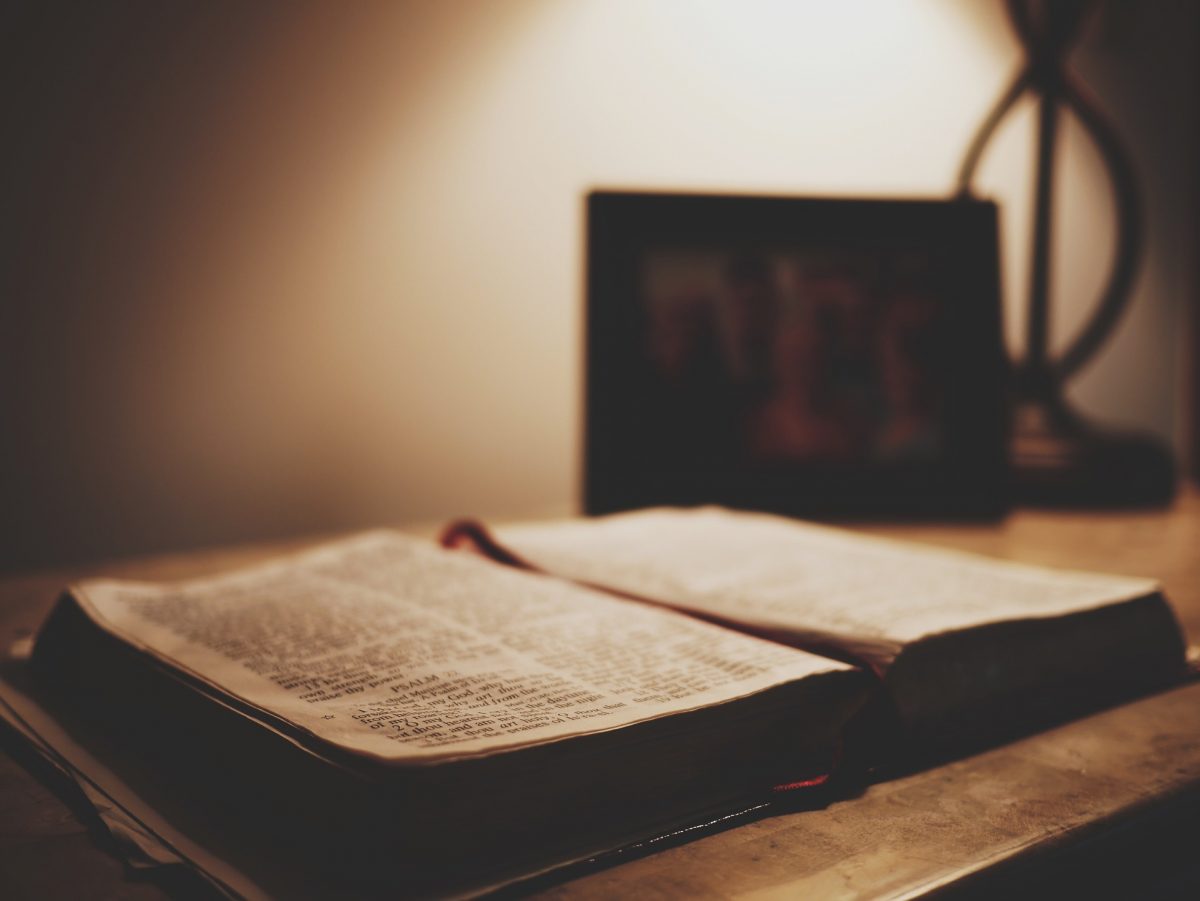Faith and politics are closely related but they work differently.
Often, there’s this power struggle between an individual’s faith and political preferences. According to Gallup News, during the 2016 elections, 51 percent of Republicans and 33 percent of Democrats considered themselves as highly religious and this influenced their political self-identification. People normally take political stances that align with their faith and yet, other times their politics can depart entirely from their religion.
The main force that directs my politics are the issues I care about. Issues regarding the environment, wage equality, immigration, social justice, the economy and national security, I find, are the most important matters facing our country today. These are the issues that inspire me to make my voice heard by voting.
While I believe key issues are what directs my politics, my faith can also influence my views due to the complexities of certain issues and how they affect humanity.
Some core values of my Catholic faith are positive views on life as well as community and the common good. This view believes that human life should be protected from acts such as abortion, the death penalty and euthanasia. These important values are challenging to always adhere to in the political sphere. This is where faith and politics can sometimes diverge, because as a Catholic I recognize that the act of euthanasia goes against protecting life and life is precious, but at the same time I believe that if a person with an incurable illness makes the decision to go through with it because they don’t want to suffer anymore, they should be allowed to make that choice.
My faith does not dictate every political stance I have because there are other factors that need to considered. The policies of a country are created with the interests of that country’s people in mind. Lawmakers should be not considering faith-based values when creating policies but rather how to improve the country at the economic and social level. Sometimes faith-based values and basic values of humanity overlap, such as decisions in the interest of the “common good,” but policy should not be designed with faith in mind.
I voted for the first time in the 2016 primaries and felt empowered that I could now express my views in a purposeful way. For issues such as immigration, my faith plays a role in my views. My heart goes out to people fleeing oppression in search of a better life in America, but I also realize that we have laws people need to follow in order to enter this country. I know it can be done legally because my own family on both my mother and father’s side did it amid a destructive political uprising. This is an issue with many layers which I am in constant deliberation about. When dealing with these complex issues, you must take a stand for what is right and what’s in the best interest of everyone involved and affected.
Faith and politics are simultaneously at work when voting. Sometimes one overrides the other, but both are important and influential. My faith has always been strong and when all else fails, faith is the constant that I go back to. I may not understand everything that happens in this world, but I know it’s all part of a much larger plan than I could ever grasp and I put all my trust in that notion. The political landscape of our country will constantly be evolving over time, but during times of uncertainty my faith in God will remain and that brings me peace.
Nicole Macias is a junior majoring in English.






